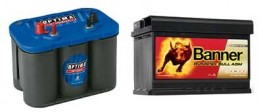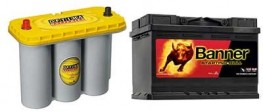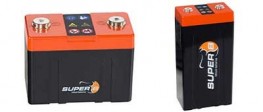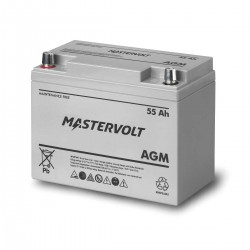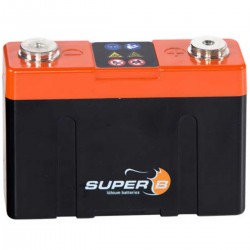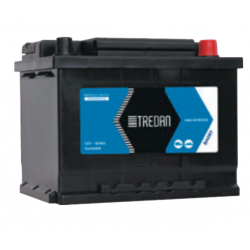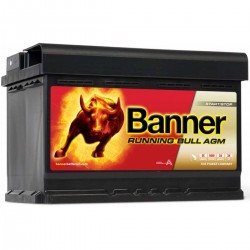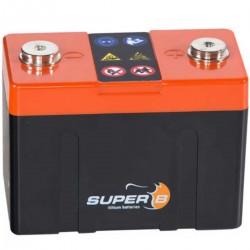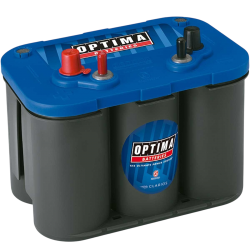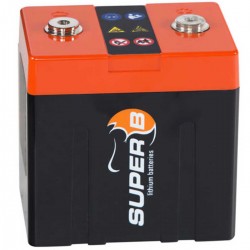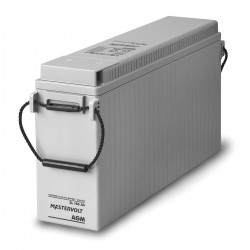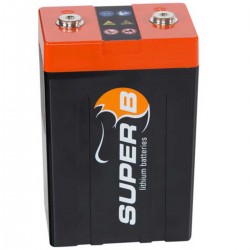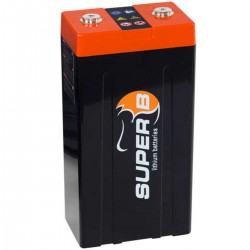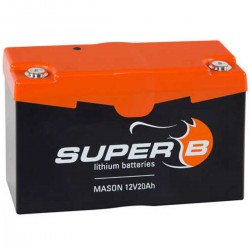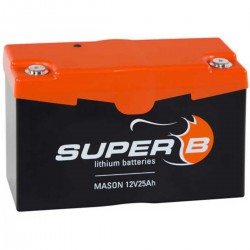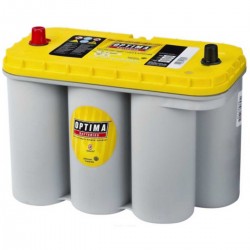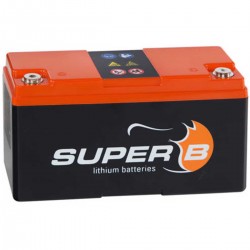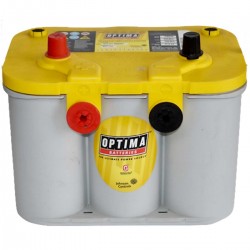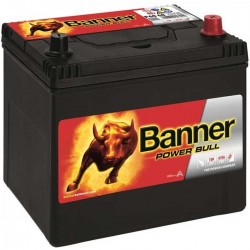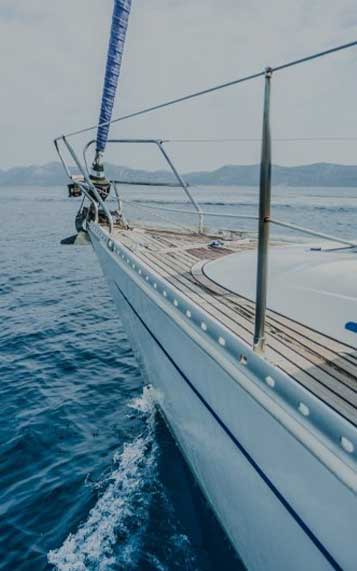Boat starter battery
AGM (Absorbed Glass Mat) starter batteries for boats are ideal for navigation. These batteries use a tempered glass wick to separate the positive and negative plates, and to retain the electrolyte. This reduces leakage and exhaust gases, and extends battery life. AGM batteries are also more resistant to vibration and shock, making them ideal for use in boats.
Lead-calcium boat batteries are also used to power the boat's electrical systems. Unlike lead-acid batteries, they use a calcium-based electrolyte instead of sulfuric acid. They offer solid starting power and are generally less expensive than AGM and lithium batteries. However, they tend to have a shorter life and can be susceptible to overcharging if not properly maintained.
Finally, lithium boat batteries are renowned for their light weight, high energy density and long life. They offer high starting power, rapid recharging and low self-discharge. What's more, lithium batteries are generally more compact and require less space on board. However, they are more expensive than other battery types, which may be a factor to consider.

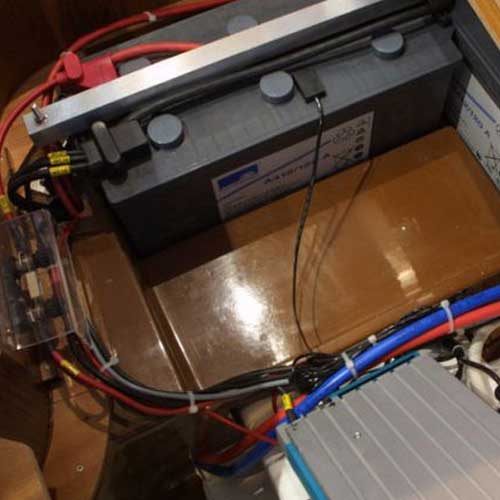 |
STARTER BATTERY FOR BOATSStarter batteries are used to start your boat's engine. They need to deliver high starting power in a short time to start the engine efficiently. Starter batteries are generally made of lead-acid, but AGM (Absorbed Glass Mat) and lithium batteries are also available on the market. The latter have advantages such as higher energy storage capacity and longer life, but are generally more expensive. Service batteries are used to power your boat's electronic equipment, such as lights, radio and navigation instruments. These batteries need to provide constant power over a longer period of time. Service batteries are generally made of lead-acid, but AGM and lithium batteries are also available. AGM batteries have better discharge performance than traditional lead-acid batteries. It's important to consider the details of your application and electrical system, such as the size of storage space available on your boat and power requirements, when choosing the right type of battery. It's also important to consider the cost of batteries, and to take into account their lifespan when assessing their total cost of ownership. In short, starter and service batteries are essential to keep your boat running smoothly and reliably. If you need help choosing your battery, or have a question about stock levels, prices, power and capacity, or the dimensions of the battery required for your application, please contact our advisors, who will be delighted to help you make your purchase, at the best price. |
Choosing the right starter battery for your boatTo start your boat's engine properly, it's essential to choose a quality marine starter battery. It must be able to instantly deliver the power needed to keep your boat running smoothly, despite the sometimes harsh conditions encountered at sea. From our wide range of batteries, you'll find the model to suit your needs, depending on the size and power of your engine. Our calcium lead batteries offer good value for money. We also offer durable, watertight lithium-ion, gel and AGM batteries, ideal for racing boats or those making long crossings. Our in-store stock enables rapid delivery. Don't hesitate to contact us for any further information on voltage, capacity or other technical details. Our advisors will help you find the optimum marine battery for your boat. |
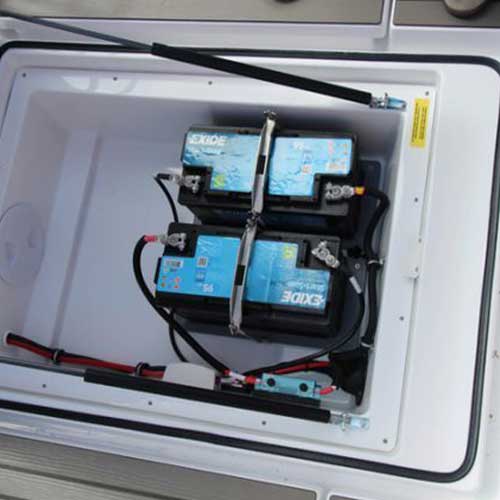 |
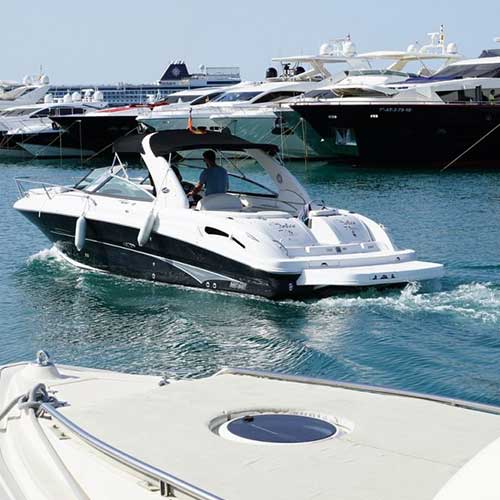 |
Battery technologies to optimize your boat's autonomyWith the evolution of technology, new types of batteries have appeared in recent years, offering enhanced performance. In addition to the classic starter battery, it may be worthwhile to opt for a dual solution combining service and starter batteries with slow discharge. This configuration enables you to power your boat's electrical equipment for longer without prematurely discharging the battery dedicated to the engine. The latest generation of Lithium batteries, such as Lithium Iron Phosphate (LiFePO4), offer high energy density in a compact format, optimum cyclability and excellent autonomy even at low temperatures, requiring little maintenance. Today, they are the best choice for intensive use. Gel and AGM technologies also enable long discharge phases and excellent watertightness, making them ideal for yachtsmen sailing far from the coast. |

